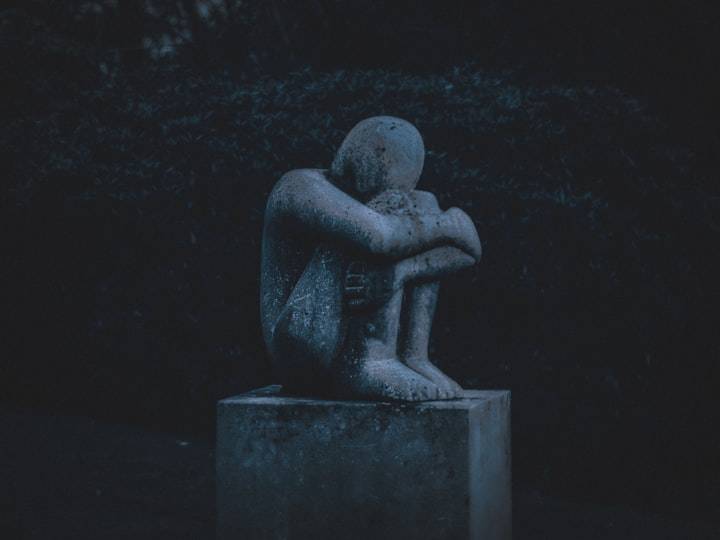I don’t think I ever fully conceptualised the reality of my grandparents’ mortality until my grandmother died. Her body broke down, leaving her mind intact. I cannot think of a worse fate. Motor Neurone Disease is a vicious, cruel beast that takes and takes and takes. My grandmother went from a vibrant energetic woman who loved drinking champagne and cloudy apple juice and sitting in tide pools to someone who could do little more than grunt. After my cousin died, she couldn’t go on, and I lost her at the end of 2021.
Now whenever I look at my maternal grandparents I am gripped by the fear of loss. My Nan (mum’s mum) posted a photo on Facebook today, and my first thought was “she looks old.” I don’t mean this in a disparaging way, or as a scathing remark. Women should be allowed to age. But I am 25 years old, soon to be 26, and grew up with great grandparents around me, many of which are still alive. To lose my grandmother in such a devastating way broke an innocence in me that I didn’t know I still had.
Today while working on an article about voluntary assisted dying for my work, I thought about love, loss, and dignity in death. Sometimes we don’t get to say goodbye to the people we love. They leave us, undignified, to deal with complicated and messy feelings that we can never truly untangle no matter how long we scream, cry, or meditate.
We are left with guilt, fear, confusion, anger, and worst of all – grief.
Grief can turn you into a monster – the crazed monster that chews its own leg off to escape the pain of a bear trap. We lash out, at ourselves, at others. We become terrible, hurt people. In between the sex and irreverence of Phoebe Waller-Bridge’s comedy Fleabag is some genuine hard-hitting moments that speak to us about life and grief. After losing her mother, Waller-Bridge’s eponymous character Fleabag talks to her closest friend, Boo, and this exchange takes place:
Fleabag: I don't know what to do with it.
Boo: With what?
Fleabag: With all the love I have for her. I don't know where to put it now.
Boo: I'll take it.
[Fleabag laughs]
Boo: No, I'm serious. It sounds lovely. I'll have it.
Fleabag is at her core, a hurt person struggling to cope with grief and loss.
Grief hurts because it comes from love. It’s an outpouring of all the love we couldn’t say, all the love we no longer have a place for. It’s hard, it’s raw, and it’s vulnerable. It forces us to face our fears and our regrets. Because now that our loved one is gone, we have to live with those regrets. Every harsh word, every missed call. Every year we don’t visit a grandmother. We have to live with that pain, with the knowledge that sometimes there is no closure in death.
Death is, inevitably, something we all must face. A pet’s, a friend’s, a family member’s.
Our own.
Death is frightening because it’s the unknown. The only people who know what lies beyond can’t tell us, and even if they could – would we want to know? Some take comfort in faith, others in science, but in the end we simply do not know what lies beyond the long dark of our final sleep.
Death is, in a way, integral to life. Without death, without loss, how can life have meaning? Life has meaning because it ends.
All we can do is make as much of it as we can, while we can.



No comments yet
Be the first to share your thoughts!